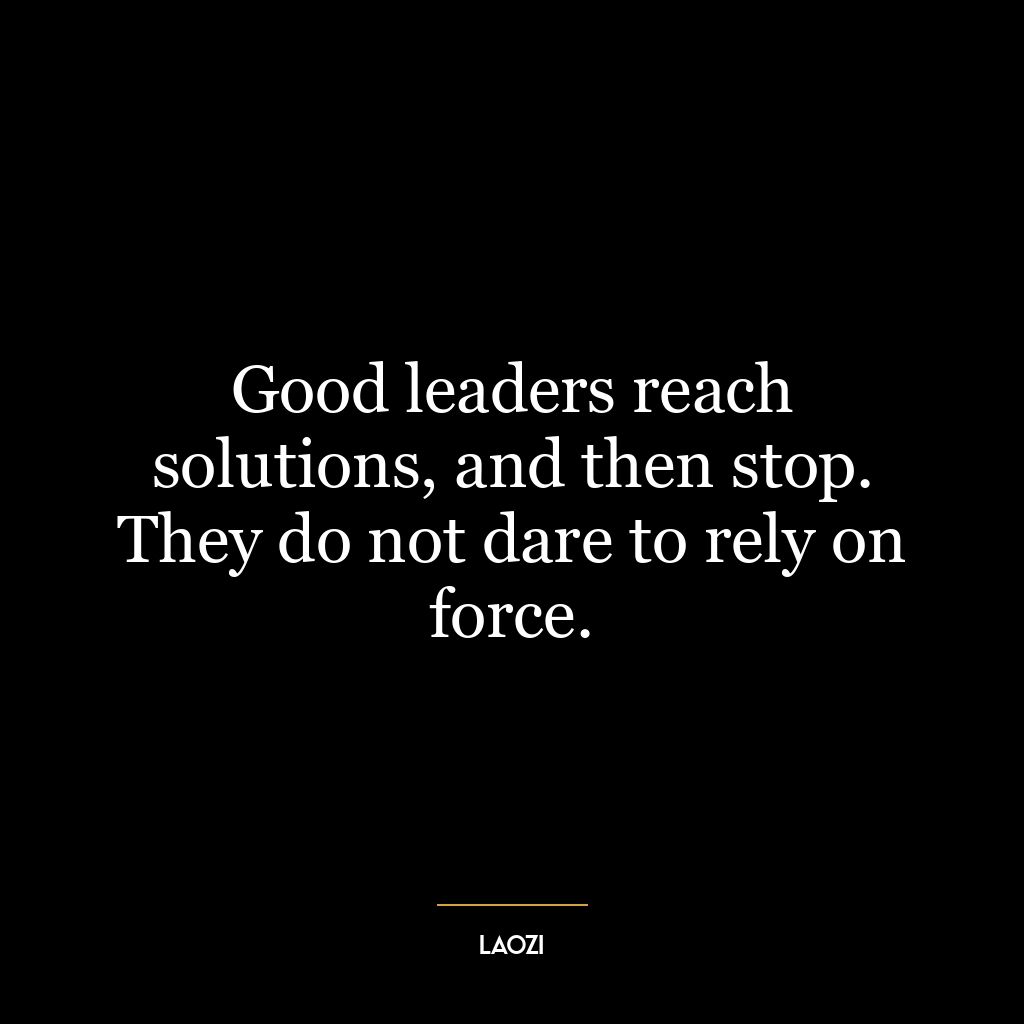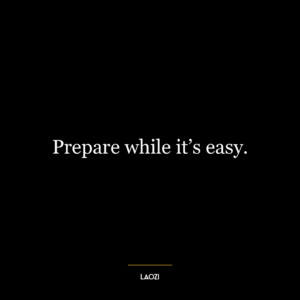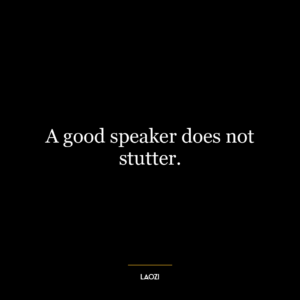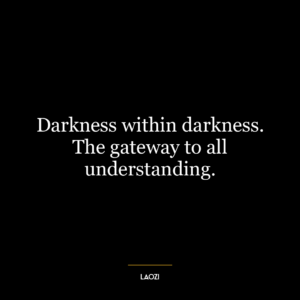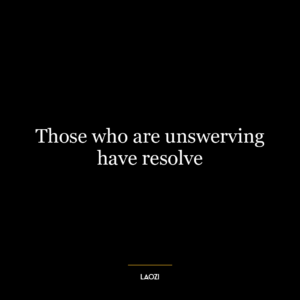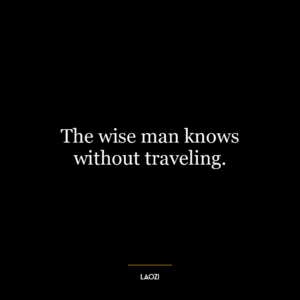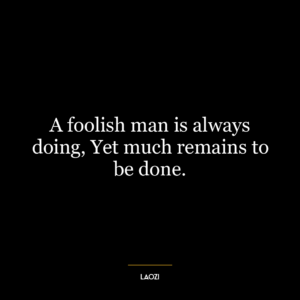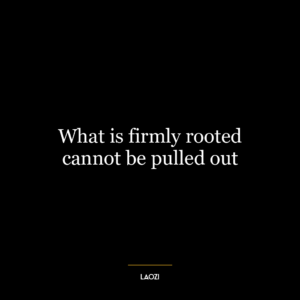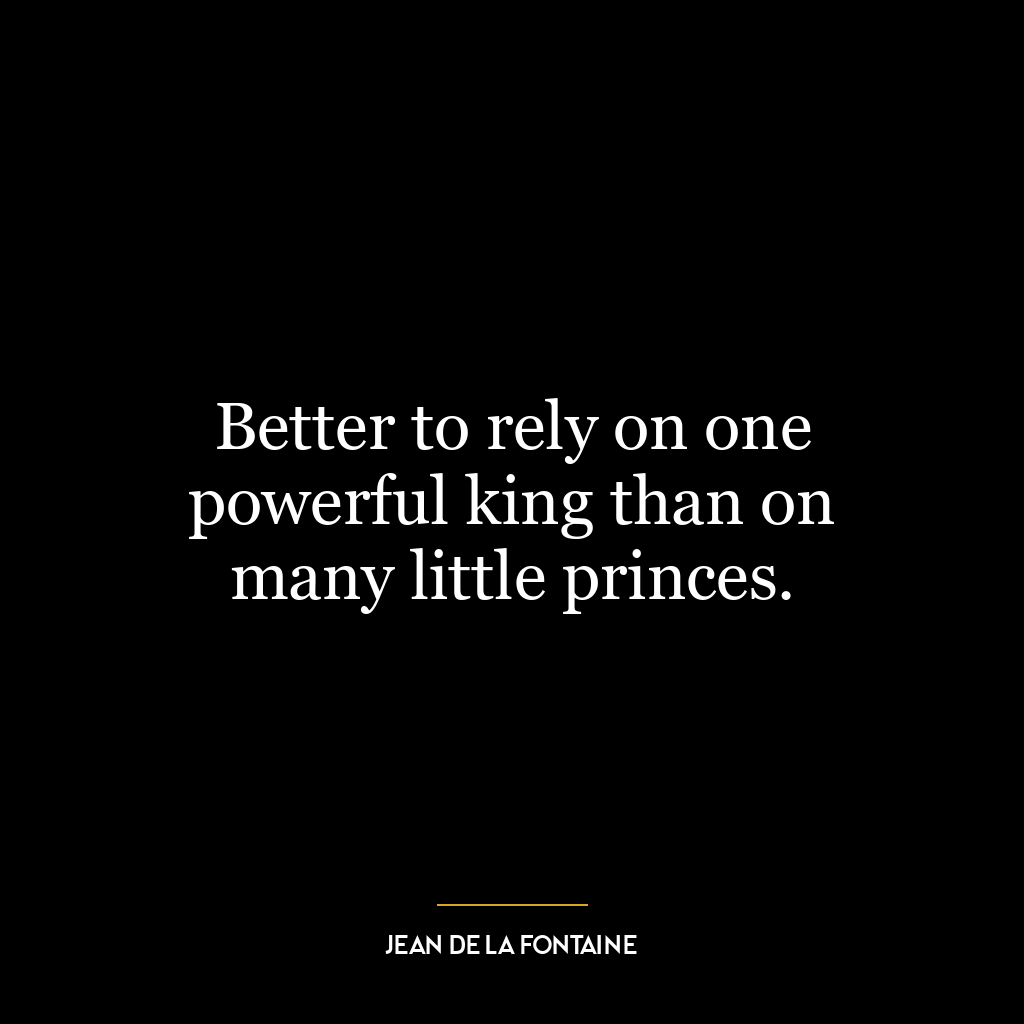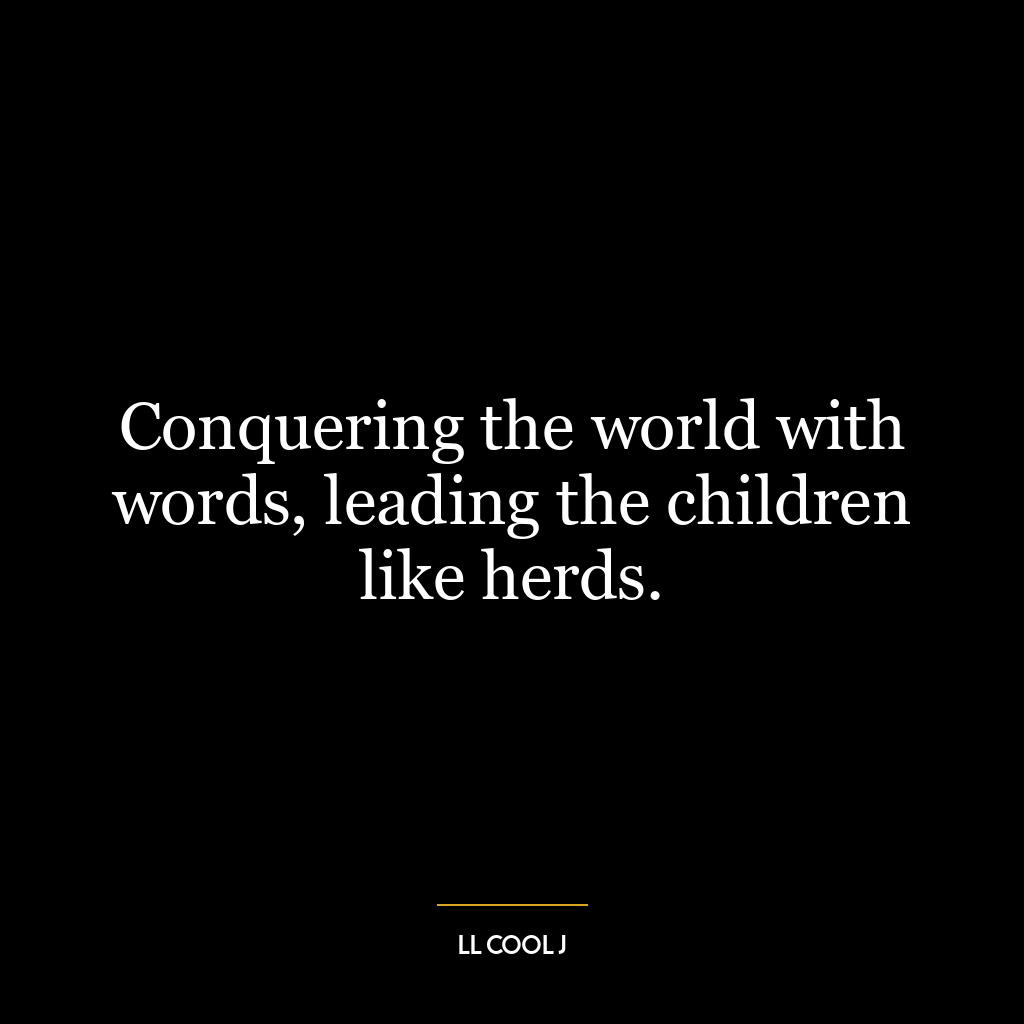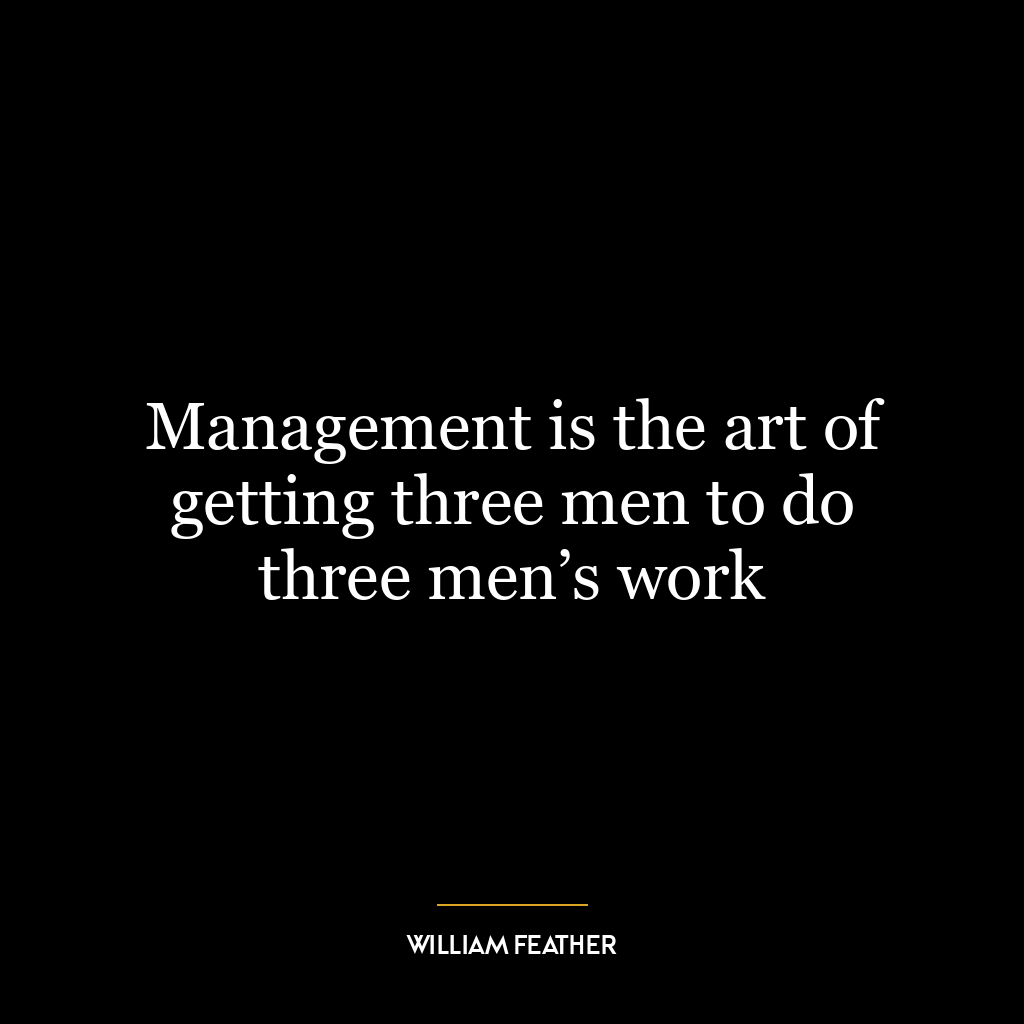Good leaders reach solutions, and then stop. They do not dare to rely on force.
This quote emphasizes the importance of effective problem-solving and the avoidance of force or coercion in leadership. Good leaders, according to this quote, are those who can navigate through challenges and arrive at solutions without resorting to force. They understand that the use of force can create resentment, resistance, and further problems down the line. Instead, they rely on other skills such as communication, negotiation, and persuasion to reach solutions.
The quote also implies that good leaders know when to stop. Once a solution has been reached, they do not push further or try to impose their will unnecessarily. This shows respect for others and prevents the misuse of power. It also suggests that good leaders are humble and self-aware, knowing their limits and understanding the importance of balance.
Applying this quote to today’s world, it suggests that the most effective leaders are those who can solve problems peacefully and diplomatically, rather than resorting to aggression or force. This could be applied in the political realm, where leaders must often navigate complex issues and conflicts. It could also apply in business, where leaders must manage teams and make decisions that affect many people.
In terms of personal development, this quote could serve as a reminder to focus on problem-solving skills and to avoid resorting to force or coercion in our interactions with others. It encourages us to be humble and to respect the views and feelings of others, even when we are in a position of power. It also reminds us of the importance of knowing when to stop, and not pushing too hard or too far once a solution has been reached.

